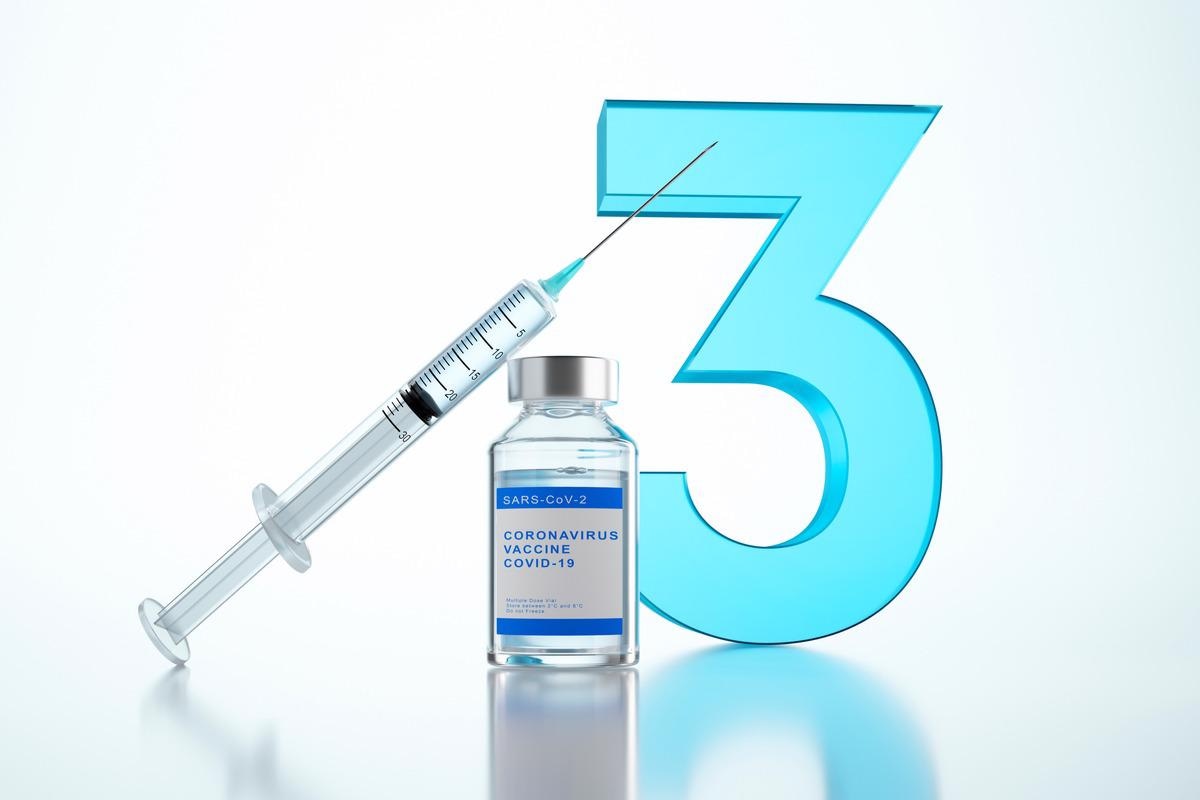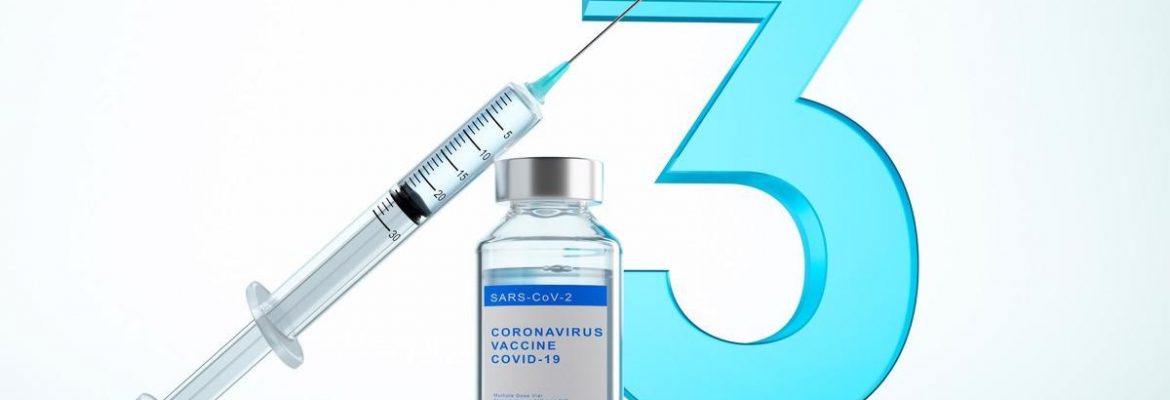Effectiveness of BNT162b2 third dose against Omicron-associated severe disease
In a recent study posted to the medRxiv* preprint server, researchers analyzed the effectiveness of the severe acute respiratory syndrome coronavirus 2 (SARS-CoV-2) BNT162b2 third vaccine dose against SARS-CoV-2 Omicron-induced severe infection nearly seven months post-vaccination.

Background
Following an increase in infections caused by the SARS-CoV-2 Delta variant and signs of diminishing protection after two doses of the coronavirus disease 2019 (COVID-19) BNT162b2 vaccine, Israel started the rollout for a third BNT162b2 dose, i.e., booster dose, in July 2021. The third vaccine shot was potent against both severe COVID-19 and confirmed SARS-CoV-2 infections associated with the Delta variant. Nevertheless, the latest studies have found that the third vaccine dosage gives far less protection against COVID-19 induced by the Omicron variant than the Delta variant and that this immunity wears off fast.
Available reports demonstrated that a third vaccine dose was efficacious against severe SARS-CoV-2 infection caused by the Omicron strain. The duration of this protection, however, is unknown. A study conducted in the United Kingdom (UK) found that for subjects aged 65 years or older, the vaccination efficacy was 85% against Delta and Omicron-linked hospitalization 15 weeks after getting the third shot.
About the study
In the present observational study, the researchers employed vaccination data from Israel to evaluate the protection imparted by the third dose of the SARS-CoV-2 BNT162b2 vaccine against Omicron-linked severe COVID-19 across individuals aged ≥60 years zero to seven months after getting the booster shot. The study period was from 16 January to 12 March 2022, coinciding with the fifth COVID-19 wave encompassing Omicron BA.2 and BA.1 sublineages in Israel.
All SARS-CoV-2-associated characteristics were collected in a centralized database by Israel's Ministry of Health (MOH). Throughout the pandemic, quality assurance of the data was accomplished extensively. The study team retrieved information such as COVID-19 vaccination dates, polymerase chain reaction (PCR) or state-controlled rapid antigen analysis results and dates, hospitalization dates (if applicable), clinical severity status (death or severe disease), and demographic factors like sex, age, ethnic group (General or ultra-Orthodox Jewish, and Arab) on 26 March 2022, from the MOH database.
The present research included individuals aged ≥60 years, who got their second vaccine dose around four months preceding the conclusion of the investigation, with no COVID-19 history before the study initiation, had accessible demographic and sex data, with no abroad stay during the entire research duration, and not been immunized with a vaccine other than BNT162b2 before the course of the study.
Results and conclusions
The study results illustrated that the protection afforded by the third dose of the SARS-CoV-2 BNT162b2 vaccination against the Omicron sequence did not wane over a seven-month timeframe, with the incidence of severe COVID-19 at about four per 100,000 risk days in all three-dosage groups. This rate was roughly three-time lower than in the two-dose cohorts. Additionally, the authors found that the fourth dosage enhanced the immunity further, with a severe SARS-CoV-2 infection rate around three-time reduced than in the three-dose groups.
Both sensitivity assessments provided estimations of the rate ratios among the cohorts identical to those reported in the main analysis. The authors showed that the efficacy of the third COVID-19 vaccine dose in averting severe SARS-CoV-2 infection linked with Omicron does not seem to fade with time and that a fourth vaccine shot gives extra protection.
Altogether, the study findings depicted that the protection provided by the third BNT162b2 dosage against the SARS-CoV-2 Omicron variant did not fade over a seven-month timeframe. In addition, the authors found that a fourth vaccine dose improved immunity, with a severe COVID-19 rate roughly three times lower than in the three-dose cohorts.
*Important notice
medRxiv publishes preliminary scientific reports that are not peer-reviewed and, therefore, should not be regarded as conclusive, guide clinical practice/health-related behavior, or treated as established information.
- Amir, O. et al. (2022) "Protection against omicron severe disease 0-7 months after BNT162b2 booster". medRxiv. doi: 10.1101/2022.05.04.22274647. https://www.medrxiv.org/content/10.1101/2022.05.04.22274647v1
Posted in: Medical Science News | Medical Research News | Disease/Infection News
Tags: Antigen, Coronavirus, Coronavirus Disease COVID-19, covid-19, Efficacy, immunity, Omicron, Pandemic, Polymerase, Polymerase Chain Reaction, Research, Respiratory, SARS, SARS-CoV-2, Severe Acute Respiratory, Severe Acute Respiratory Syndrome, Syndrome, Vaccine

Written by
Shanet Susan Alex
Shanet Susan Alex, a medical writer, based in Kerala, India, is a Doctor of Pharmacy graduate from Kerala University of Health Sciences. Her academic background is in clinical pharmacy and research, and she is passionate about medical writing. Shanet has published papers in the International Journal of Medical Science and Current Research (IJMSCR), the International Journal of Pharmacy (IJP), and the International Journal of Medical Science and Applied Research (IJMSAR). Apart from work, she enjoys listening to music and watching movies.
Source: Read Full Article
